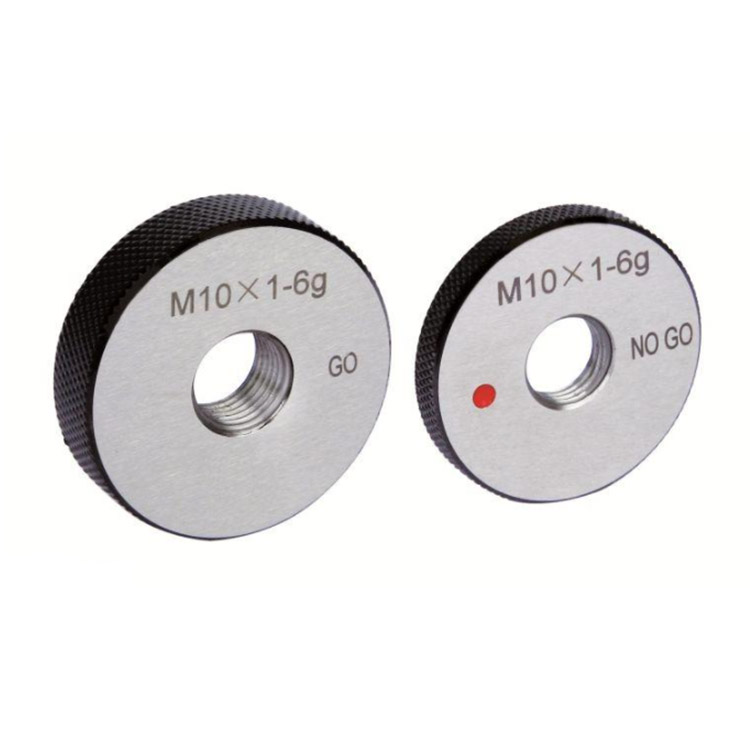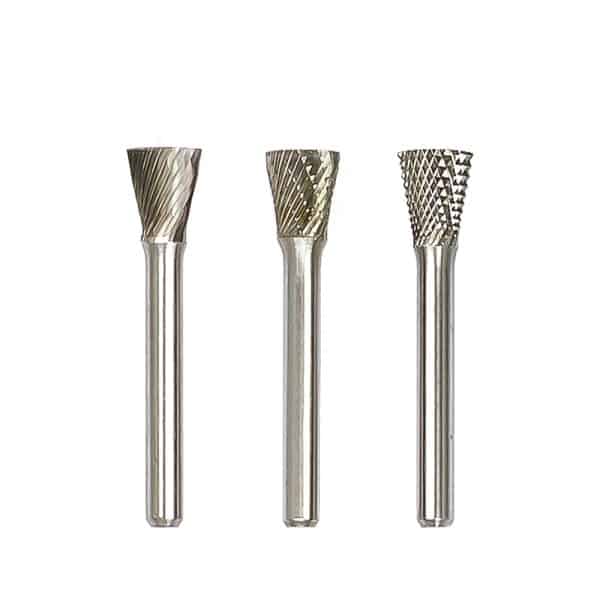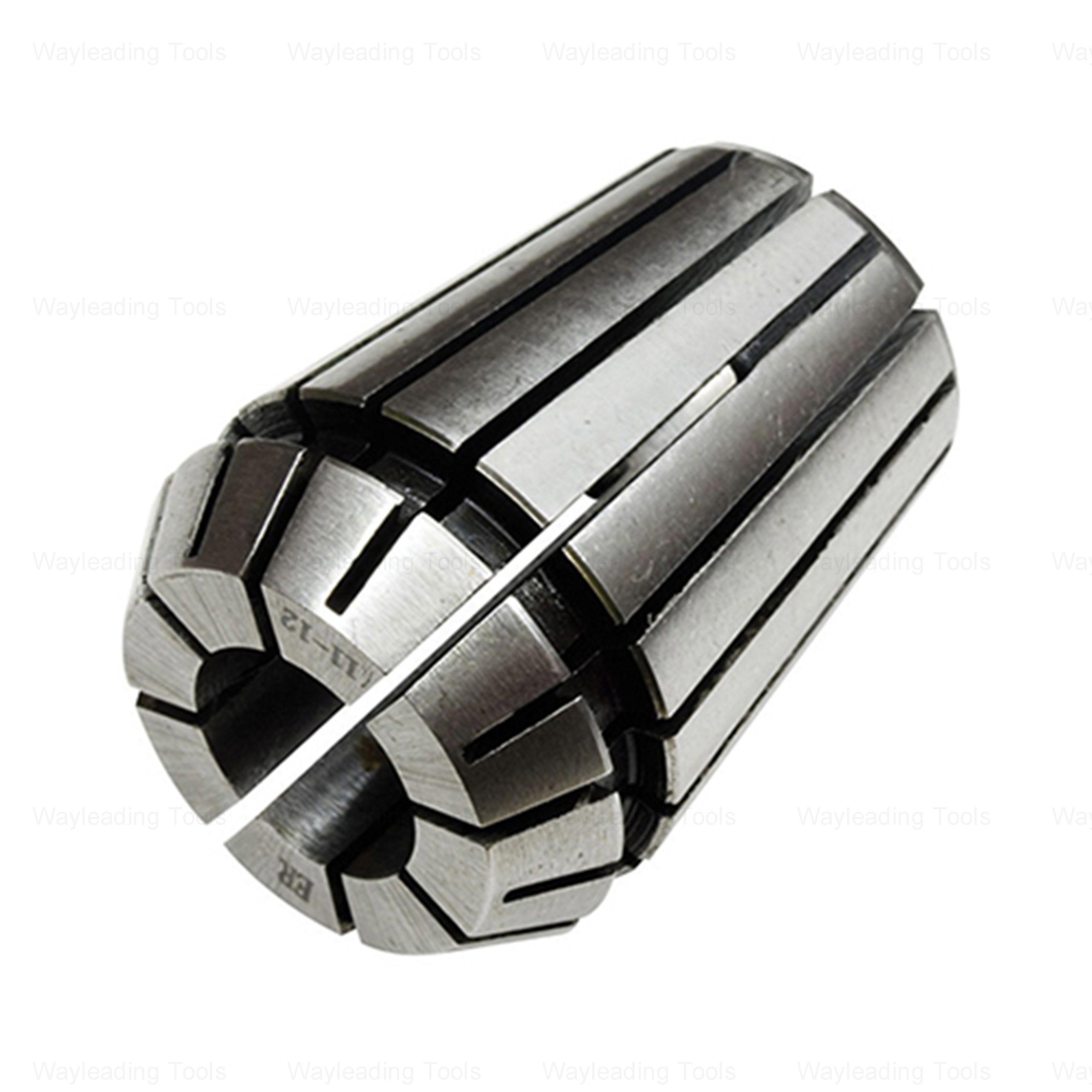thickness gauges Manufacturers
Thickness gauges are essential instruments used across numerous industries to accurately measure the thickness of various materials. This guide explores the different types of thickness gauges available, their applications, factors to consider when choosing one, and maintenance tips, empowering professionals to make informed decisions.
Understanding Thickness Gauges
Thickness gauges, also known as thickness meters, are precision instruments designed to measure the thickness of materials such as metals, plastics, coatings, and composites. They are critical for quality control, manufacturing processes, and ensuring product compliance. Wayleading Tools is committed to providing professionals with the right tools for the job. Contact us to learn more about our product offerings.
Types of Thickness Gauges
Several types of thickness gauges exist, each suited for specific applications and materials:
- Ultrasonic Thickness Gauges: Utilize sound waves to measure thickness. They are suitable for measuring the thickness of metals, plastics, glass, and ceramics.
- Magnetic Thickness Gauges: Measure the thickness of non-magnetic coatings on ferromagnetic materials. Commonly used for paint and plating thickness measurement on steel.
- Eddy Current Thickness Gauges: Measure the thickness of non-conductive coatings on non-ferrous metals such as aluminum and copper.
- Mechanical Thickness Gauges: Simple, handheld devices using a micrometer or dial indicator to measure thickness directly.
Applications of Thickness Gauges
Thickness gauges find applications in diverse industries:
- Manufacturing: Ensuring consistent thickness of materials in production processes.
- Automotive: Measuring paint thickness on vehicles for quality control and repair assessments.
- Aerospace: Verifying the thickness of aircraft components for structural integrity.
- Construction: Measuring coating thickness on steel structures to prevent corrosion.
- Quality Control: Inspecting materials and finished products to meet specifications.
Factors to Consider When Choosing a Thickness Gauge
Selecting the right thickness gauge depends on several factors:
- Material Type: Different gauges are designed for specific materials (metal, plastic, coating).
- Thickness Range: Choose a gauge with a range that accommodates the expected thickness values.
- Accuracy and Resolution: Consider the required precision for the application.
- Surface Condition: Some gauges require smooth surfaces for accurate measurements.
- Portability: Handheld gauges are suitable for field use, while benchtop models offer higher precision.
Comparing Common Thickness Gauge Types
| Gauge Type | Materials Measured | Typical Accuracy | Applications |
|---|---|---|---|
| Ultrasonic | Metals, Plastics, Glass, Ceramics | ±0.001 inches | Corrosion Testing, Pipeline Inspection |
| Magnetic | Non-magnetic coatings on Ferrous metals | ±1-3% | Paint and Plating Thickness |
| Eddy Current | Non-conductive coatings on Non-ferrous metals | ±1-5% | Anodizing Thickness on Aluminum |
| Mechanical | Various | ±0.0001 inches | Paper, Film, Sheet Metal |
Tips for Accurate Thickness Measurement
To ensure accurate thickness measurements:
- Calibration: Calibrate the gauge regularly using certified standards.
- Surface Preparation: Clean the measurement surface to remove dirt or debris.
- Probe Placement: Ensure proper probe contact and alignment with the surface.
- Environmental Conditions: Maintain stable temperature and humidity conditions.
- Gauge Maintenance: Keep the gauge clean and in good working order.
Maintenance and Calibration of Thickness Gauges
Regular maintenance and calibration are crucial for maintaining the accuracy and reliability of thickness gauges:
- Cleaning: Clean the probe and body of the gauge regularly.
- Battery Replacement: Replace batteries as needed to avoid inaccurate readings.
- Calibration: Calibrate the gauge according to the manufacturer's recommendations.
- Storage: Store the gauge in a clean, dry place to prevent damage.
Where to Find Reliable Thickness Gauges
When sourcing thickness gauges, choose reputable manufacturers like Wayleading Tools that offer high-quality instruments and reliable support. Consider factors such as warranty, calibration services, and technical assistance. Investing in a reliable gauge ensures accurate measurements and long-term performance. You can browse a selection of these tools at www.wayleading.com.
Top Thickness Gauges Manufacturers
- Wayleading Tools: Known for its wide range of high-precision measuring instruments.
- Mitutoyo: A global leader in metrology equipment.
- Olympus: Specializes in ultrasonic thickness gauges.
Conclusion
Thickness gauges are indispensable tools for professionals across various industries. Understanding the different types of gauges, their applications, and factors to consider when choosing one is crucial for ensuring accurate measurements and maintaining quality control. By following the tips for accurate measurement and proper maintenance, professionals can rely on thickness gauges to achieve consistent and reliable results. For high-quality measurement solutions, consider the instruments offered by Wayleading Tools.
Disclaimer: All data parameters mentioned in this article are based on information available from official manufacturer websites and industry standards. Please refer to the specific product manuals and datasheets for accurate specifications.
Related products
Related products
Best selling products
Best selling products-
 CNMG & CNMM Turning Insert For Indexable Turning Tool Holder
CNMG & CNMM Turning Insert For Indexable Turning Tool Holder -
 5C Round Collet With Inch and Metric Size
5C Round Collet With Inch and Metric Size -
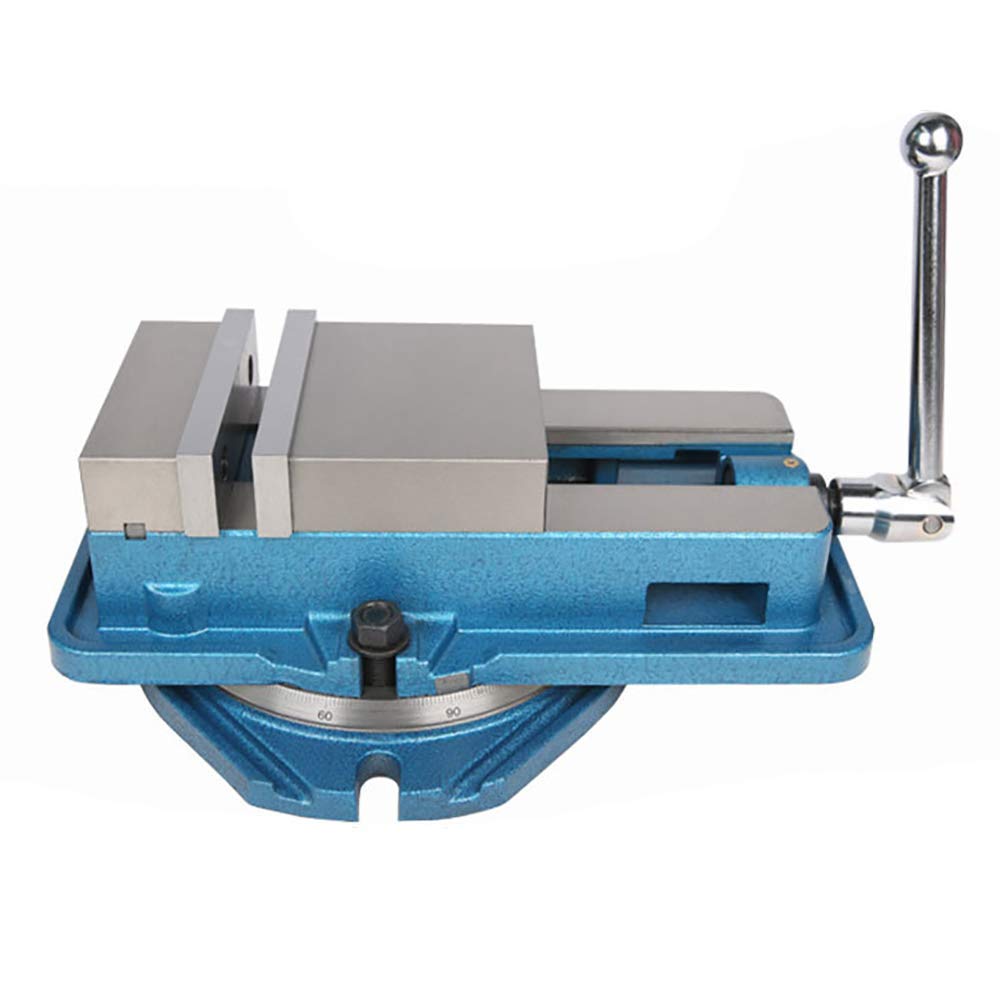 QM ACCU-Lock Precision Machine Vises With Swivel Base
QM ACCU-Lock Precision Machine Vises With Swivel Base -
 HSS Metric Square Tool Bit With Industrial Type
HSS Metric Square Tool Bit With Industrial Type -
 R8 Hex Collet With Inch and Metric Size
R8 Hex Collet With Inch and Metric Size -
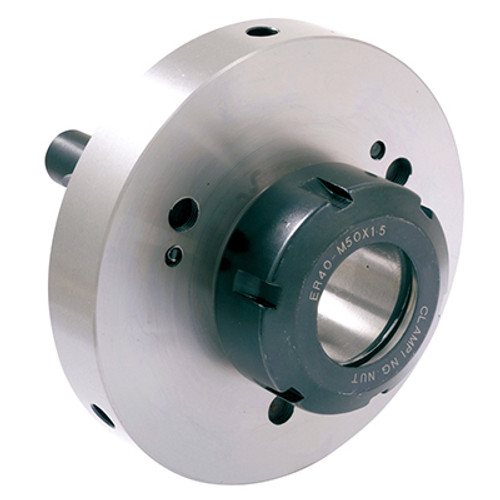 Camlock ER Collet Fixture With Lathe Collet Chuck
Camlock ER Collet Fixture With Lathe Collet Chuck -
 Type K-90 Degree Cone Tungsten Carbide Rotary Burr
Type K-90 Degree Cone Tungsten Carbide Rotary Burr -
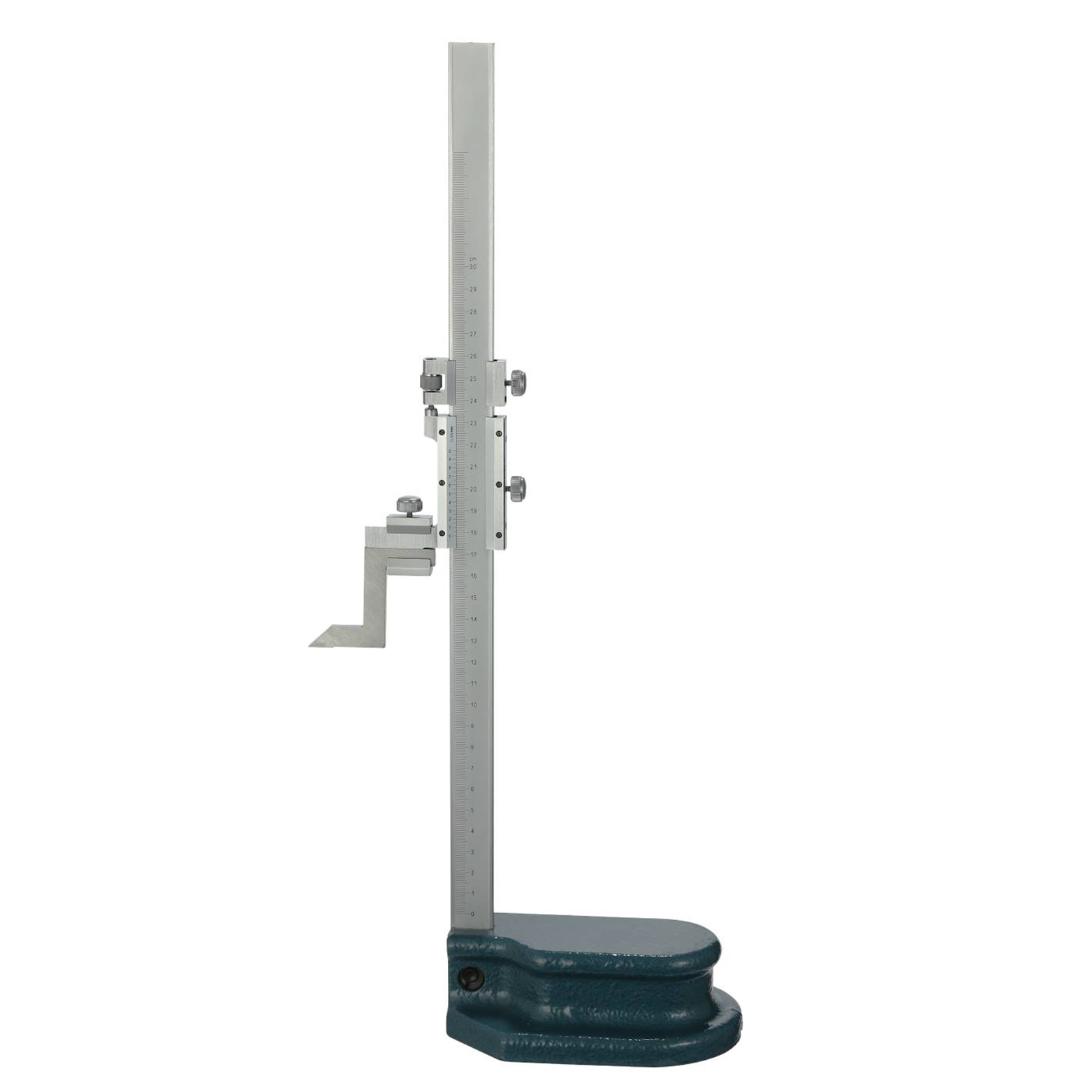 Vernier Height Gauge For Industrial
Vernier Height Gauge For Industrial -
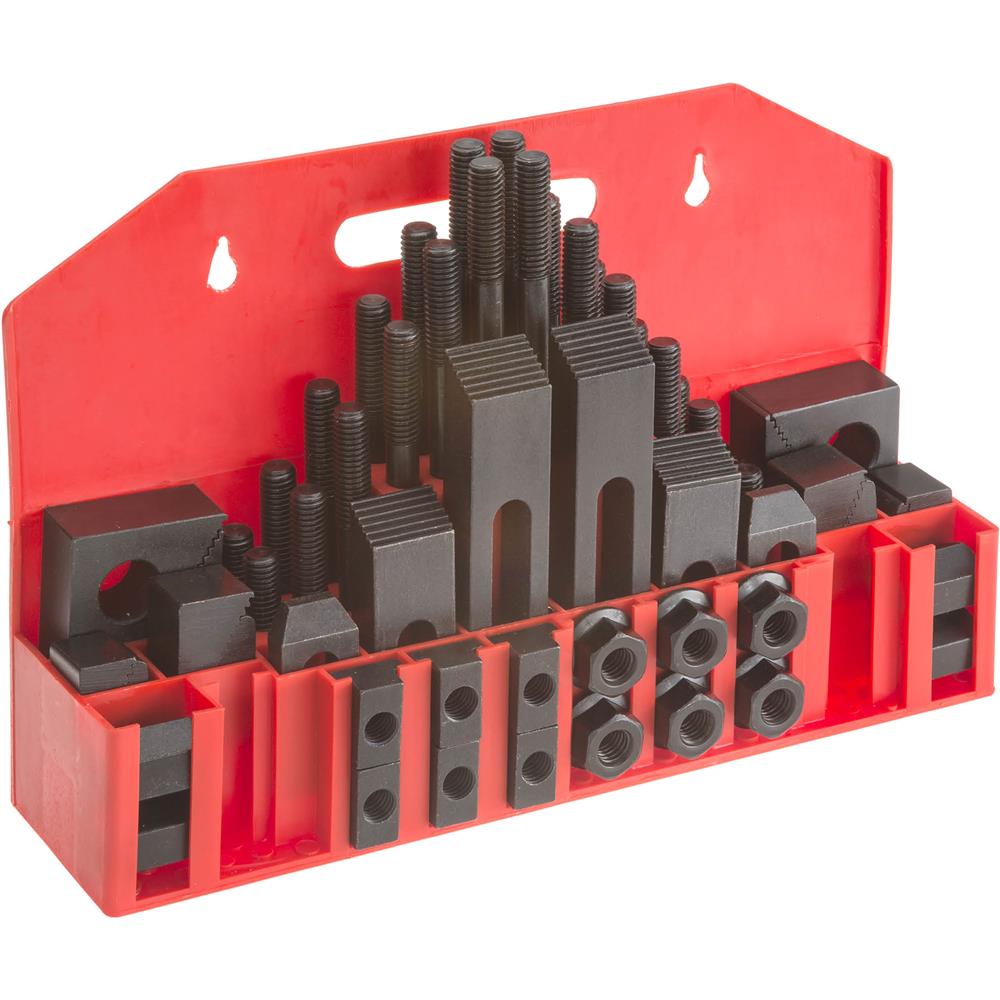 58pcs Clamping Kit With Metric & Inch Size
58pcs Clamping Kit With Metric & Inch Size -
 9PCS Broken Tap Extractor Set With Storage Box
9PCS Broken Tap Extractor Set With Storage Box -
 Carbide Tipped Hole Cutter For Cutting Stainless Steel And Iron Or Steel Plate
Carbide Tipped Hole Cutter For Cutting Stainless Steel And Iron Or Steel Plate -
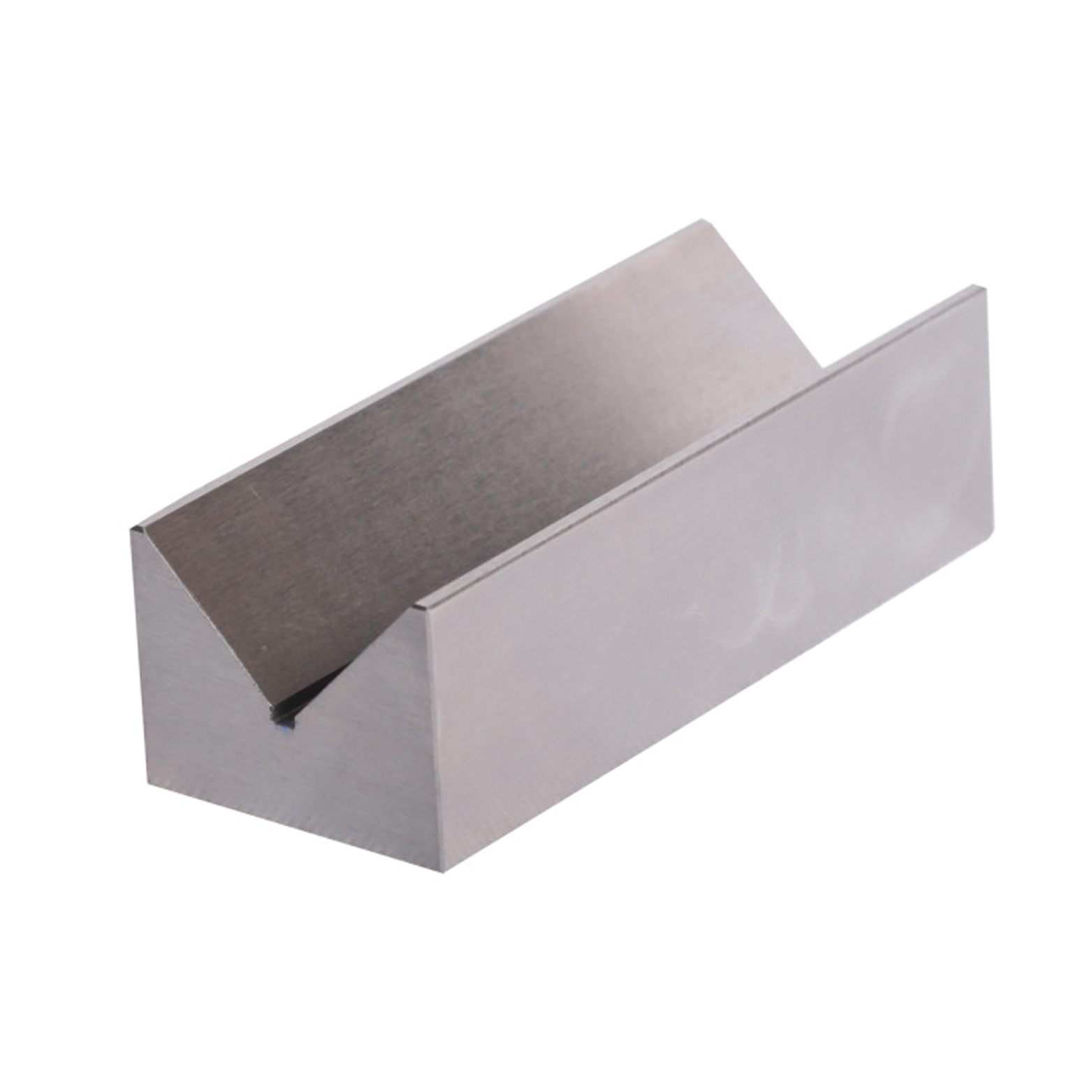 Precision V Block Set With Industrial Type
Precision V Block Set With Industrial Type



